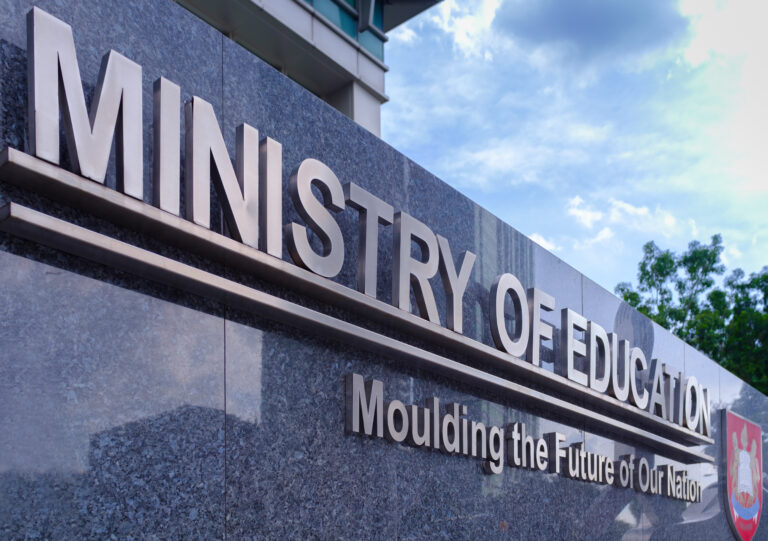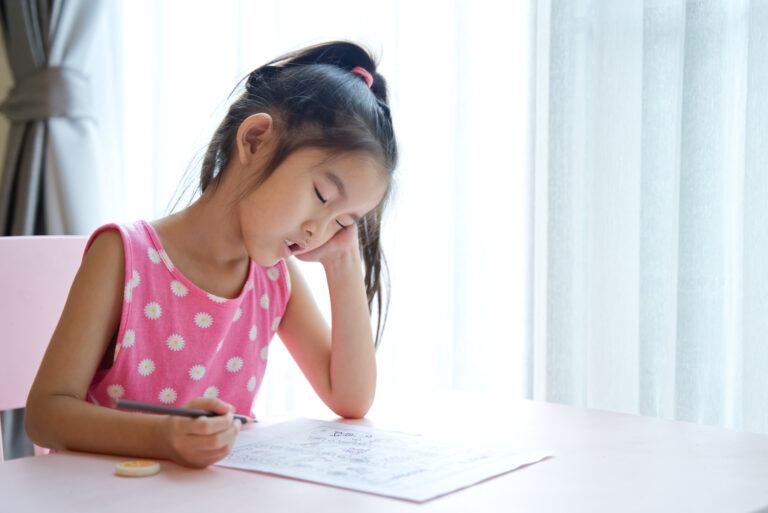If a society were to be poised for change in this fast-moving world, its existing policies and systems must bend and break, especially when it comes to education. After all, the next generation is shaped not only in homes but also in classrooms. However, reforms to a nation’s education system can have profound implications, sending ripples beyond the classroom into the economy and social structure at large. For instance, China’s ban on after-school tuition has laid waste to a US$70 billion industry and has led to a massive loss of jobs and worsening income inequality, along with the rise of an underground tuition industry which only the richest of the rich can afford.
In recent years, in a bid to move away from an over-emphasis on academic results, the SIngapore’s Ministry of Education (MOE) has introduced a series of reforms in doses, the most striking of which was the change from a T‑score scoring system to one using Achievement Levels for the Primary School Leaving Examination. The full extent of the reforms is set to be implemented in the next two years. Mid-year examinations will be completely removed for all primary and secondary school levels from 2023. Full Subject-Based Banding will be introduced in all secondary schools by 2024. MOE will also continue to expand the Direct School Admissions (DSA) programme to allow more DSA vacancies in junior colleges (JCs) from this year onwards (2022).
Given the far-reaching impact of education reforms, it is important to understand what exactly these upcoming reforms will mean for your child. With a stronger grasp of what is to come, we can better navigate life’s uncharted waters with our children and prepare the next generation for the waves ahead.
No Mid-Year Examinations from 2023

From next year onwards, mid-year examinations will be scrapped for all primary and secondary school levels, freeing up 3 weeks of curriculum time for students to “explore interests and develop 21st century competencies”, as stated by Education Minister Chan Chun Sing. You might have noticed that your child’s school has already been making these changes progressively. This move aims to frame learning less as a competition but instead, as something that is self-directed. It enables schools to use the extra curriculum time to design and facilitate alternative assessments that would engage students and instil in them life skills beyond being book smart, preparing them for the digital era.
However, some parents have expressed worry that this change might invariably impede their child’s academic progress. With fewer examination checkpoints to monitor and quantify their performance, students may fail to identify their weaknesses in time, potentially creating major blind spots while simultaneously having to deal with the raised stakes of their final examinations.
These worries are valid. Therefore, the success of this reform hinges upon whether schools implement the policy in the right spirit, and if the alternative assessments are robust and meaningful enough to assess students’ progress and equip them with 21st century skills like critical thinking and global awareness. If carried out in a way that fulfils the policy’s original intention, parents will be heartened to witness their children mature into individuals armed with the necessary tools to tackle the real world. Therefore, it is essential that parents keep tabs on how schools run these new assessments and lessons, while also being intentional about igniting in their children a true passion for learning and not only for acing the exams.
Full Subject-Based Banding in Secondary Schools from 2024

By 2024, the streaming labels of Express, Normal Academic and Normal Technical will be dismantled and replaced by Subject-Based Banding, which will allow all secondary school students to take subjects at different levels (G1, G2, G3) suited their interests, aptitude and learning needs. Instead of being organised into streams, students will be in mixed form classes where they can learn at their own pace and build confidence in their strengths, while having the opportunity to interact with peers of diverse educational backgrounds and learn new perspectives. A pilot programme run for the past two years has seen students making more friends across courses and learning to relate to peers of varying backgrounds. Some also welcomed the move as it would remove the stigmatisation for those in the less academically demanding streams.
Despite this encouraging feedback, some have looked at this policy with scepticism. There is concern that the sorting may be “overly premature or unrefined”. Will an attempt to achieve greater inclusivity give rise to differential expectations of achievement and therefore hinder students’ will to push their limits and target their own weaknesses? This highlights the need for an effective system to diagnose each student’s learning progress as they grow, which would facilitate inter-band mobility. However, even with such a system, transitioning to a higher or a lower band may cause instability and have a negative impact on the socio-emotional health of students.
That is why the message received by students must be clear. Educators and parents alike must stress that cultivating the joy of learning and fostering confidence in students is at the heart of this reform. We must be the first to shift our mindset around education and let go of the notion that one educational pathway is more prestigious than the other, and model it for our children. The reality is that every child is unique and the path they take will never be the same as the path of another. Therefore, in order for students to truly enjoy the advantages of this reform, we must instil in them the ability to view themselves, their learning environment, and the peers around them not as something that is only black or white, but as a beautiful myriad of colours.
More DSA vacancies in JCs

The Ministry has taken more steps to recognise other forms of merit beyond academic grades. From this year onwards, all government and government aided JCs can admit up to 20% of their non-Integrated Programme intake through DSA. This is double of the previous 10%. There will also be an expansion of aptitude-based admissions at Post-Secondary Education Institutions, and early admission exercises at both the polytechnic and ITE level. This reform attempts to carve out more avenues of success for students, placing more emphasis on aptitude and less on academic excellence.
Your child’s exploration of and talent in other areas of interests and skill will be recognised and will open doors to a wider range of opportunities. This is all the more relevant today, when there is no longer a single, narrow road to success and fulfilment. We, as nurturers of the next generation, will have to prepare our children for such a tomorrow.
Conclusion: Positioning our Children for the Future

You may regard these upcoming educational reforms as either a boon or bane for the future of your child. Either way, all parents recognise the need to prepare their children for the road ahead. Though reforms come and go, one thing will always remain constant.
The world is ever-changing. We are amid a storm of never-ending technological and cultural revolutions. In this Fourth Industrial Revolution, advances are progressing in a matter of years or even months. Jobs of today may not exist in their current form or exist at all in the near future. We cannot stick to the way we have always done things and must adjust accordingly.
The key lies in nurturing the right attitudes and dispositions in our children. The need to mould the next generation into individuals who can not only survive, but also thrive in the new world to come is more urgent than ever. We must work with these educational reforms to position them for the future and inculcate in them a spirit of lifelong learning. Our children must become self-motivated learners who are confident in their unique set of talents and concerned about the society at large. This begins at home, whatever the education system may look like. So, let’s walk out of our comfort zones and take a daring step into the future.




